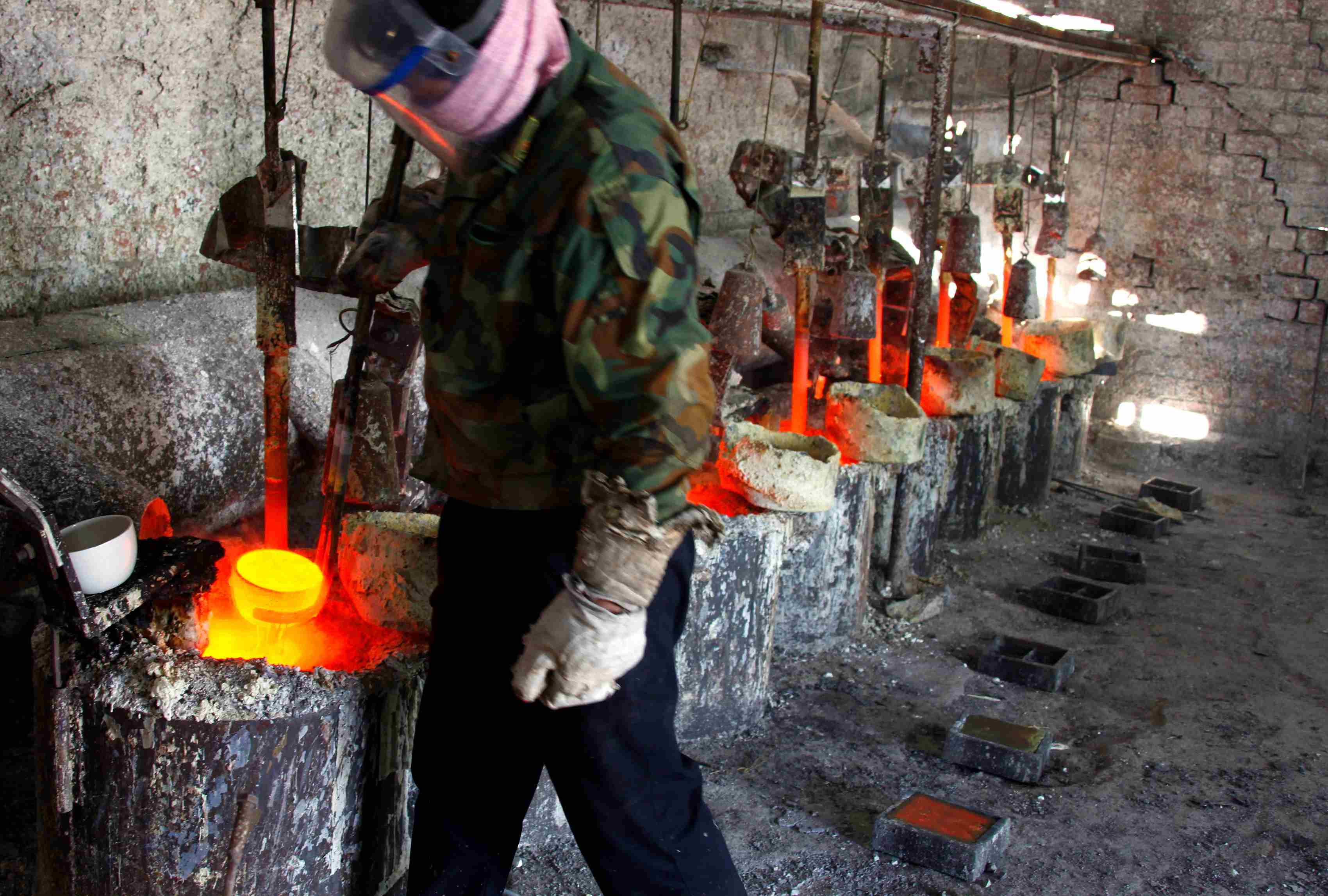India–US Trade Tensions Rise Over Steel and Auto Tariffs NMDC Limited reports a 38% drop in Q4 FY24 consolidated net profit RINL to Raise $23 Million Through Land Sales Amid Crisis

The US Department of Defence intends to create a programme to forecast supply and estimate prices of nickel, cobalt, and other essential minerals to increase market transparency. However, this action introduces an unpredictable factor into the world's metals markets.
The initiative, which attracted little notice when revealed on a Pentagon website in October, is a component of Washington's larger initiatives to boost American production of vital minerals for the energy transition and the manufacture of weapons.
US output lags market leader China partly because commodity price swings can influence attempts to build new American mines. Jervois Global, for example, announced last year it would suspend construction of an Idaho cobalt project due in part to low market prices, even while Chinese cobalt miners - financially backed by Beijing - said they would boost production of the battery metal in a bid for greater market share.
However, according to two sources who were not authorized to speak publicly, an official rubric by which Washington estimates how much a specific metal should cost could confuse metals markets by creating duelling structures for determining price.
Traditionally, metals prices are set by futures markets and pricing agencies and reflect what buyers are willing to pay, and sellers are willing to accept using supply, demand and other factors.
The Pentagon's work is being run by its Defense Advanced Research Projects Agency (DARPA) division. This division was formed in response to the Soviet Union's 1957 launch of the Sputnik 1 satellite and helped develop the Internet and the mRNA vaccine for COVID-19.
In a statement to Reuters, DARPA said its efforts aim to "remove market opacity that can engender supply chain disruptions" and that government agencies and commercial entities will use the data. "The OPEN program is fundamentally about transparency," a DARPA spokesperson said.
Also Read : US Rolled Steel Imports Fall 15.9% in September 2025 World’s biggest cruise ship sets sail, bringing concerns about methane emissions